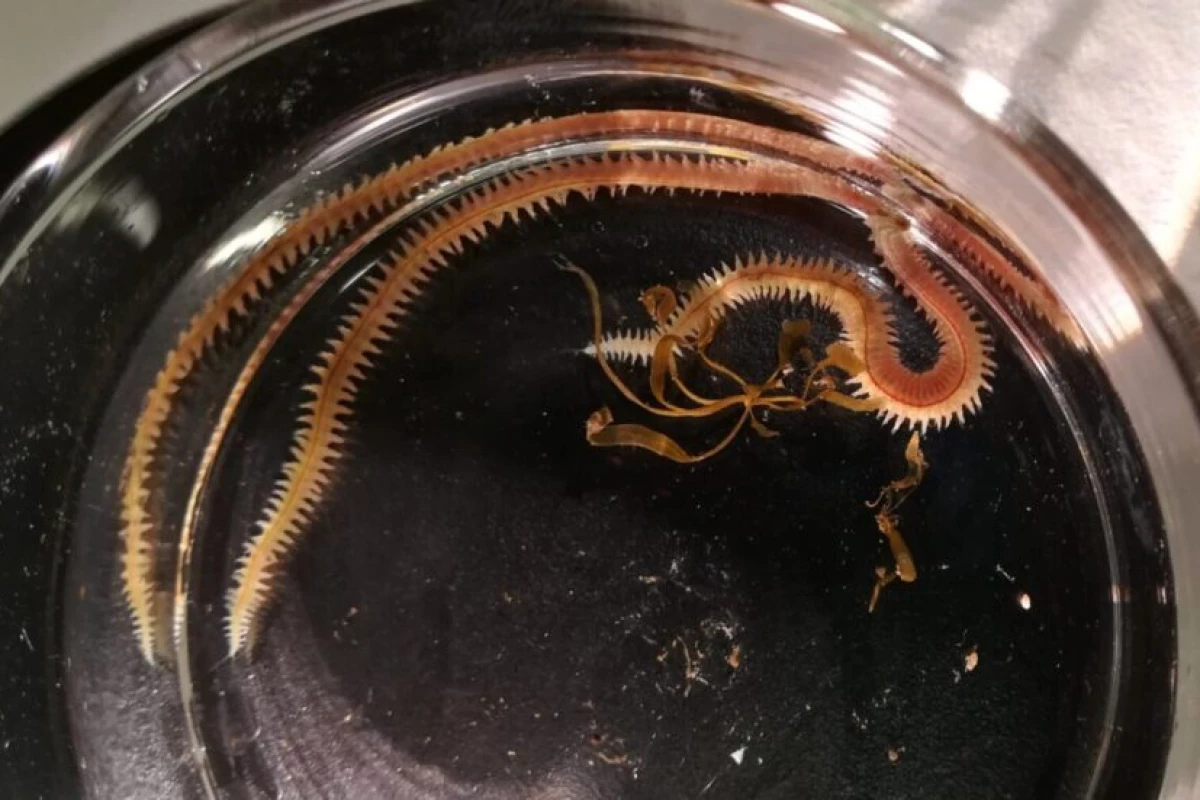While the farming of salmon does help take pressure off wild stocks, the feed used to raise the fish still isn't entirely sustainably sourced. That may change, however, thanks to nutrient-rich worms that eat readily available seaweed.
Farmed salmon typically eat commercial feed containing other types of wild-caught fish, along with ingredients such as soy, which have to be transported long distances from the farms where they're grown. It would be great if the salmon could just eat locally grown seaweed, but according to scientists from Norway's SINTEF research institute, seaweed doesn't contain enough fats to support the growth of such fish.
With that limitation in mind, a team led by SINTEF scientist Andreas Hagemann looked to a common type of marine worm known as the ragworm (Hediste diversicolor).
Although ragworms are omnivorous, Hagemann wondered if they could survive on a diet of nothing but seaweed. The farming of seaweed for human consumption is a big industry in Norway, but seaweed fronds become unpalatable once they grow too large – additionally, imperfect off-cuts of younger seaweeds are often deemed unmarketable.

In lab tests, it was found that ragworms thrived on a diet consisting solely of farmed sugar kelp (Saccharina latissima) which would otherwise have been discarded. Additionally, salmon feed made from those worms was rich in Omega-3s, along with other fatty acids and marine proteins.
One potential limitation lay in the fact that the Norwegian seaweed-growing season is relatively short, so fresh seaweed isn't available year round. Fortunately, the worms readily accepted kelp that had been frozen or acid-preserved, and the fatty acid content of those worms was similar to that of worms raised on fresh seaweed.
That said, the scientists hope to take things even further.
"In the future we will be looking into how the seaweeds can be processed to make them an even better food for the ragworms," said Hagemann. "We will also see whether the worms’ nutrient profile can be enhanced, perhaps by combining the seaweed with other types of residual raw materials."
The ragworm-based feed is being developed as part of the POLYKELP project, which is being conducted in partnership with Norwegian seaweed farming company Seaweed Solutions and fish feed producer Marine Bio Solutions.
Source: Norwegian SciTech News




